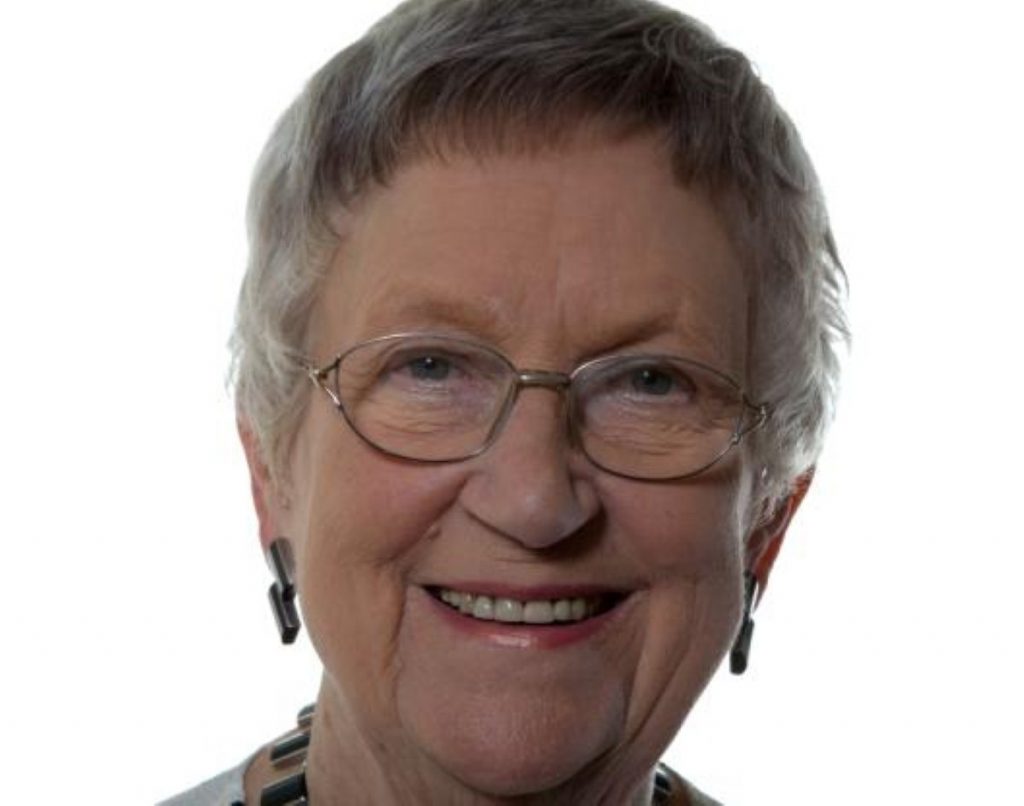Comment: Ofcom should be given control of internet filters
By Baroness Howe of Idlicote
David Cameron has done a great deal to put online safety on the political agenda but there are some big problems with the self-regulatory approach that he has adopted. I highlighted them this week through an amendment to the children and families bill.
First, self regulation does not cover all the market. Between five and ten per cent of the market, which amounts to over one million homes and hundreds of thousands of children, is left without default filters. Indeed one internet service provider, Andrews and Arnold, has flatly refused to introduce default filters. Its home page proudly proclaims its commitment to "unfiltered internet access for all". If we are to provide proper protection for all children we need a legislative approach to cover 100% of the market.
Second, if default filters are to be effective they must be complemented with robust age verification so one can be sure that those disabling adult content filters are 18 years or over.


The current approach used by the industry, called the 'closed loop', involves sending the ISP account holder an email informing them that their filters have been disabled. This presents two problems.
First, no age verification takes place before default filters are disabled. Second, it depends entirely on parents reading and acting on these ISP emails immediately.
That this is hugely problematic is eloquently demonstrated by polling published this week by the charity CARE which demonstrates that one in six parents – approximately two million people – are simply unlikely to read emails from their ISPs. This could enable their children to download completely inappropriate adult content indefinitely. We need to require all ISPs to introduce robust age-verification of the person electing to disable default filters before filters are disabled.
Third, the Mobile Phone Operators Code has not been properly respected by the industry. In 2010 it was revealed that Blackberry mobiles were not offering default filters in contravention of their 2005 Code, leaving children exposed for five years. Then last month Tesco Mobile was similarly exposed for ignoring the Code. This was particularly embarrassing for the Government because on 22nd July last year the prime minister had proudly declared that all mobiles had adult content default filters.
Happily both companies have rectified matters but the history of the code makes the weaknesses of self-regulation very plain. Moreover, if it has been flouted not once but twice it can certainly happen again. Indeed, one wonders whether there are not other mobiles currently ignoring its requirements. We need to see the default filtering obligation, with robust age verification, in statute so that mobile phone operators take their responsibilities more seriously.
Fourth, in the context of ISP self-regulation there are legitimate concerns that big business is given too much power because it is up to companies to define adult content and indeed there is no requirement for consistency across the sector. The whole process is unaccountable. Then there is the legitimate concern about websites being blocked in error. The statutory approach that I proposed in my amendment this week addresses both of these concerns by giving Ofcom, an accountable public body, responsibility for defining adult content and for providing a mechanism for dealing with claims of overblocking in a timely manner.
Quite apart from these important practical problems with self-regulation, the government's reluctance to adopt a statutory approach is actually very odd. As the former lord chancellor, Lord Mackay of Clashfern, has pointed out, it makes no sense for us as a society to deem that child protection is a sufficiently important subject to merit statutory protections offline but then to decide that self-regulation will do online.
The government has been keen to point out that what is illegal offline is also illegal online but if that was sufficient security why has it seen the need for default filters? The truth is that legal protection for children is not just about pronouncing some things illegal, it is also about using the law to protect children from coming into contact with things that are illegal and, in some ways more importantly, about using the law to protect children from accessing things that while not illegal are nonetheless inappropriate for children to access.
The prime minister's important Daily Mail article announcing default filters boldly proclaimed: Nothing matters more than keeping our children safe. I certainly agree with him, but if that is so why is it that we have laws governing all manner of things but refuse to introduce laws regarding the most important?
Self-regulation cannot be anything other than a very short term, and very imperfect, solution for all the reasons I have explained. I will continue to press the government to adopt the statutory approach set out in my amendment.
Baroness Howe of Idlicote is a crossbench peer
The opinions in Politics.co.uk's Comment and Analysis section are those of the author and are no reflection of the views of the website or its owners.









